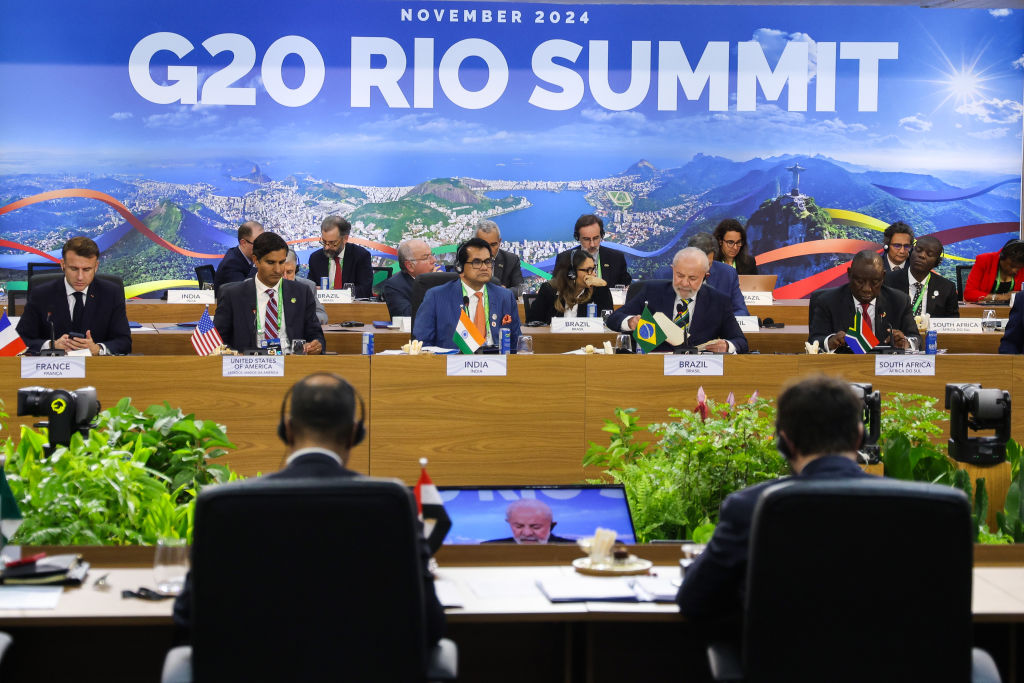Leaders from the G20 Troika, comprising India, Brazil, and South Africa, announced a joint declaration on Tuesday to leverage digital public infrastructure (DPI), artificial intelligence (AI), and data-driven governance to reduce inequality and promote sustainable development.
The declaration emphasizes the transformative power of technology in bridging the global inequality gap and accelerating progress toward the United Nations Sustainable Development Goals (SDGs), according to the Prime Minister’s Office of India. The joint statement received support from several G20 member states, guest nations, and international organizations.
According to the communique, the leaders stressed that when technology is equitably deployed, it can create new employment opportunities, improve health and education outcomes, and restore public trust in democratic governance.
“Technology is advancing at a dizzying pace. If equitably deployed, it offers us a historic opportunity to raise growth, reduce inequality, and take a giant step toward achieving the SDGs,” the declaration said.
The leaders also welcomed global initiatives such as the Global Digital Compact, adopted at the UN’s Summit of the Future, and the upcoming 2024 Global DPI Summit in Cairo, Egypt. They underscored the importance of inclusive, development-oriented, and secure technological ecosystems that empower citizens and businesses alike.
The declaration proposed that digital systems should adhere to foundational principles—open, modular, interoperable, and scalable—to ensure inclusivity and adaptability to evolving national needs. These systems must prioritize citizen engagement while enabling businesses of all sizes to connect seamlessly and boost livelihoods at the grassroots level.
A technology-neutral approach was called for to encourage competition and innovation, minimize disparities in the digital economy, and ensure the equitable implementation of DPI and AI. The leaders also highlighted the need for robust data governance frameworks to safeguard privacy, security, and intellectual property rights while promoting fair market practices.
The communique further stressed that transparent and equitable data management is essential for building trust in technological systems, which is a fundamental pillar of healthy democracies. Transparency, safeguards, and fairness were described as indispensable components of this trust.
Recognizing AI’s transformative potential, the leaders called for the development of foundational and frontier AI models trained on diverse and representative datasets.
(Inputs from ANI)














